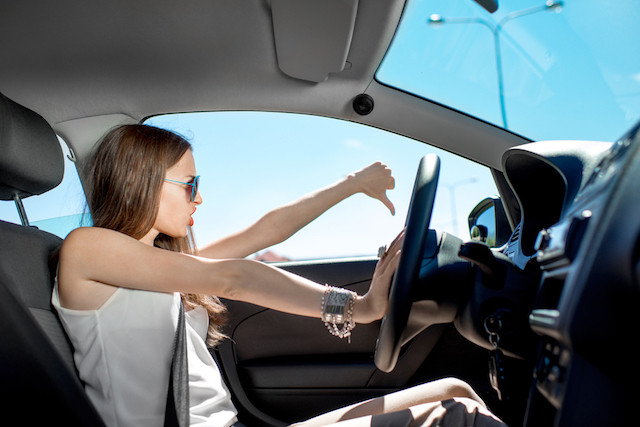TomTom recorded no change on the previous year, finding that motorists in the capital spent up to 20 minutes in traffic during a 30-minute trip in the morning and evening peak times on weekdays. On average, drivers spent 33% of their travel time stuck in traffic.
Luxembourg placed 64th in the world ranking for most-congested cities, an improvement on 2017 when it was at 58th.
The index examined traffic in 403 cities in 56 countries globally. The most-congested city was Mumbai, in India, where drivers spent on average 56% extra travel time in traffic, followed by Bogota, in Colombia (63%), Lima, in Peru (58%), New Delhi, in India (58%), and Moscow, in Russia (56%).

Data visualisation: TomTom
And for 2019?
Luxembourg’s results may differ in the 2019 report as recent works to expand the tram line have resulted in severe backlogs on the capital’s road.
João da Silva Guerreiro, a Portuguese national working for Vodafone, wrote to Delano on 17 May that a bus journey from Bonnevoie to Kirchberg’s red bridge which previously took 30 minutes, now takes 50-55 minutes. He says he now travels by train and funicular to get to work. “Despite the inconveniences of the changes, I am able to arrive much quicker than a single, direct but lengthy bus journey,” he said.
The Luxembourg government has invested in infrastructure to reduce congestion in the capital. At the end of 2017, it opened the first phase of the tram in Kirchberg as well as a train station at Pfaffenthal and Howald. In 2018, two tram stations opened at the theatre and Place de l’Etoile. The P+R was in Howald was expanded in September 2018 and the same year, the low-cost bike rental scheme fleet was replaced with electric assistance bicycles. Starting March 2020, people will be able to use any form of public transport in Luxembourg free of charge.
